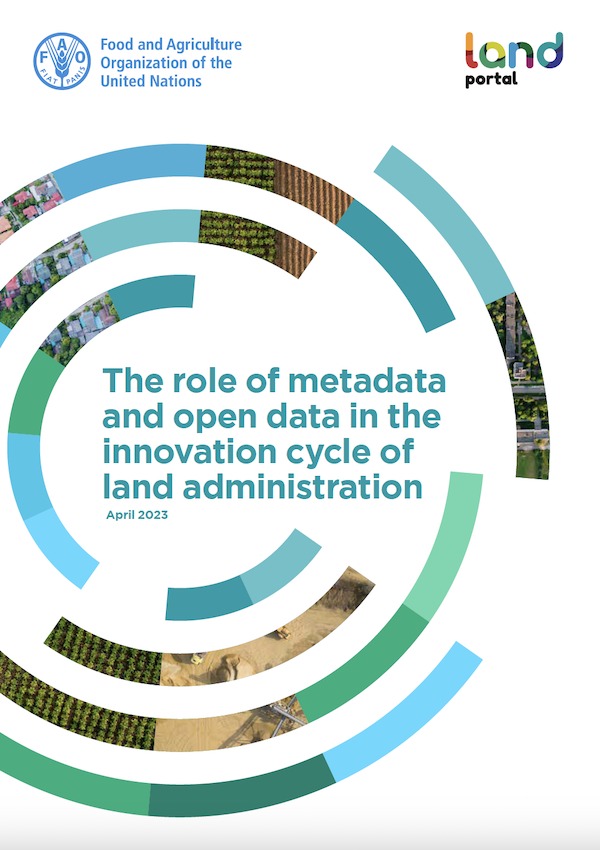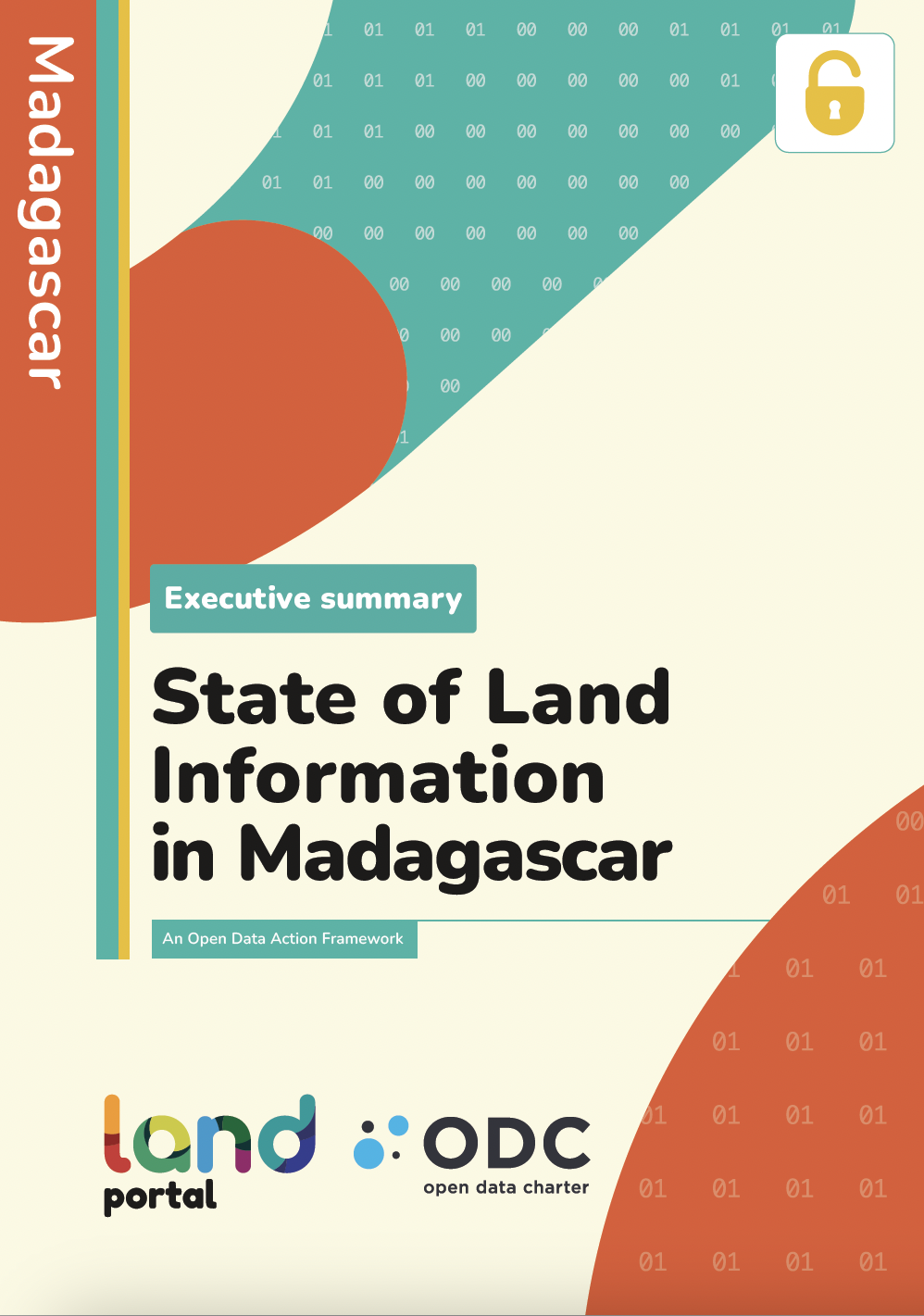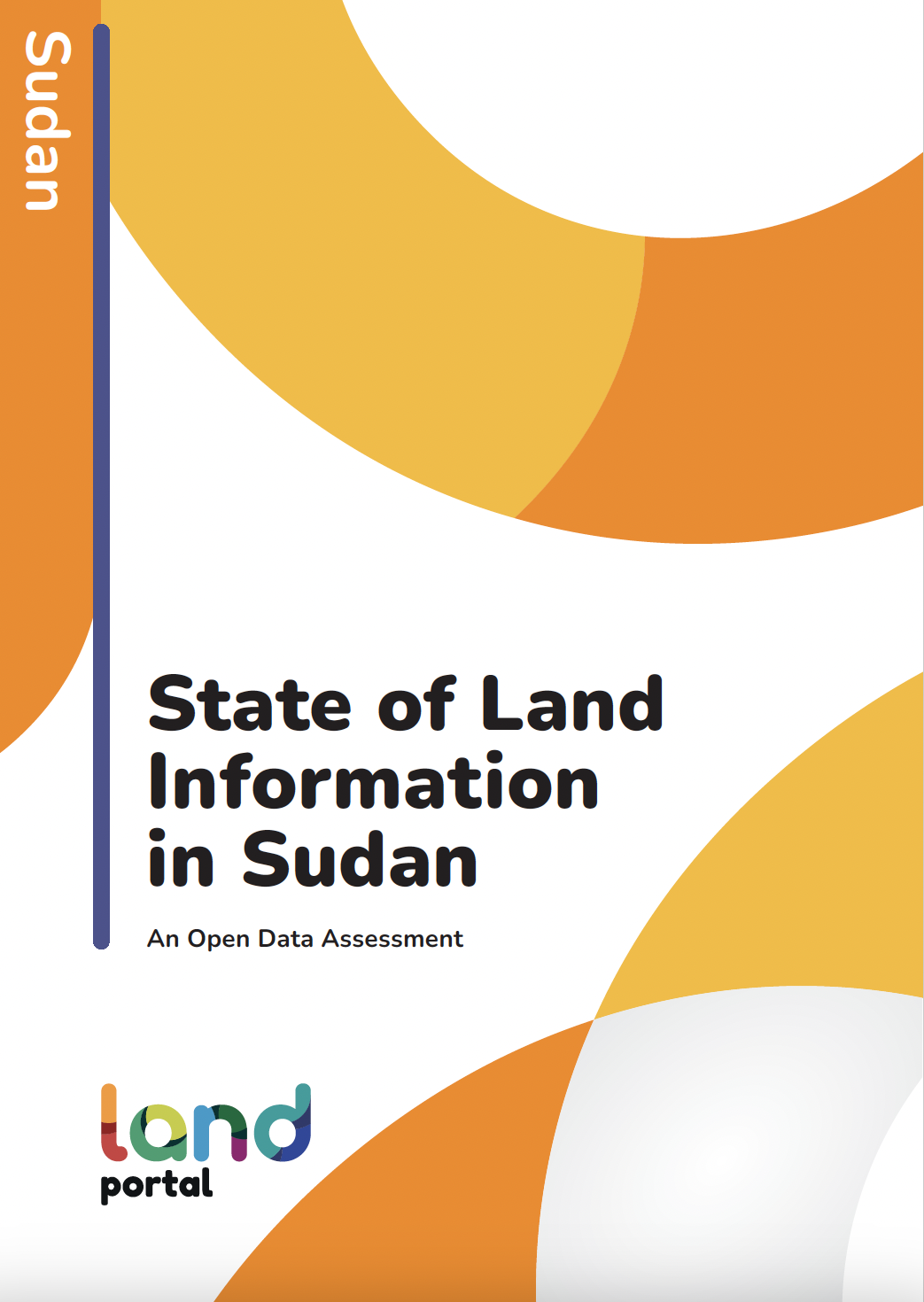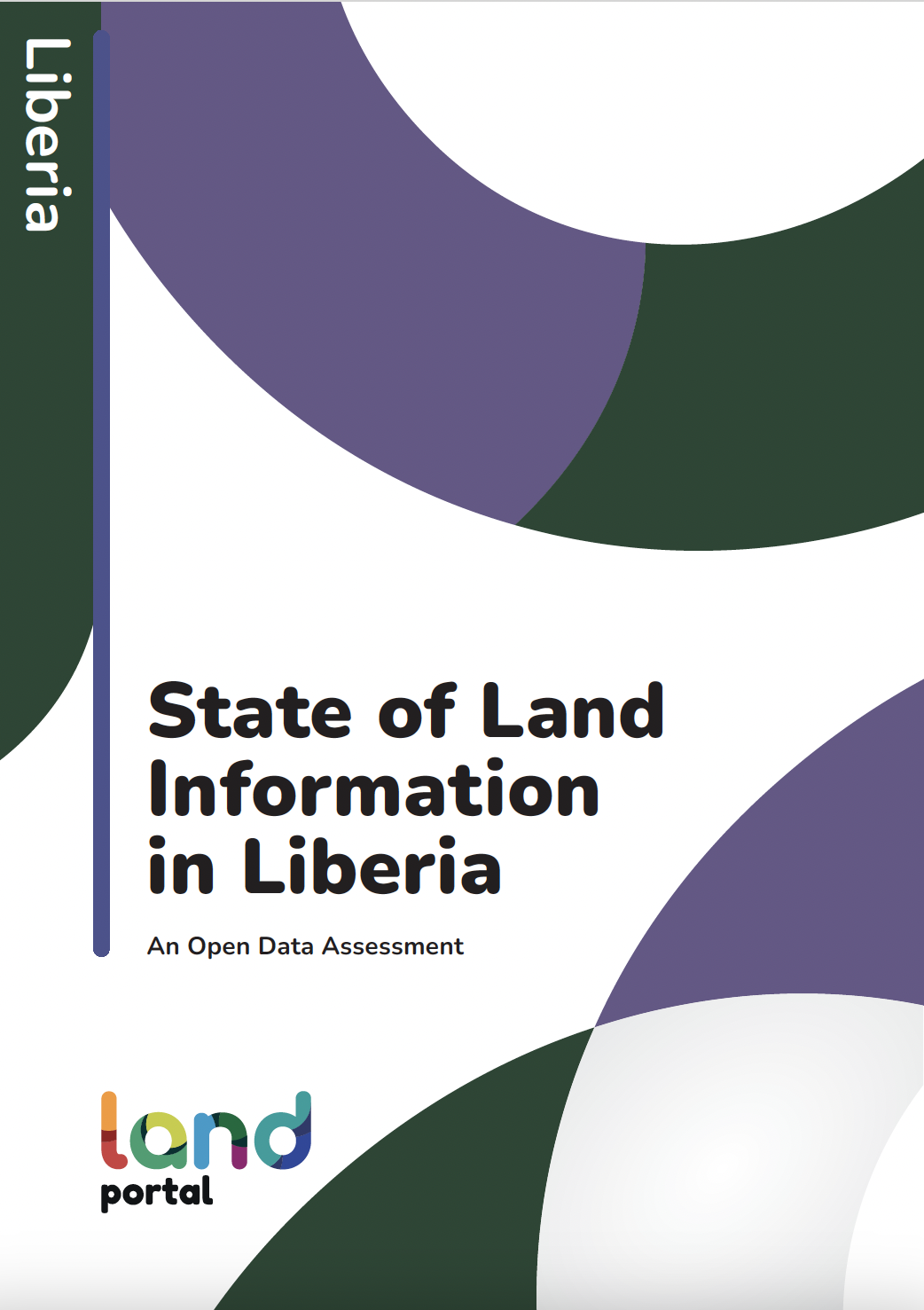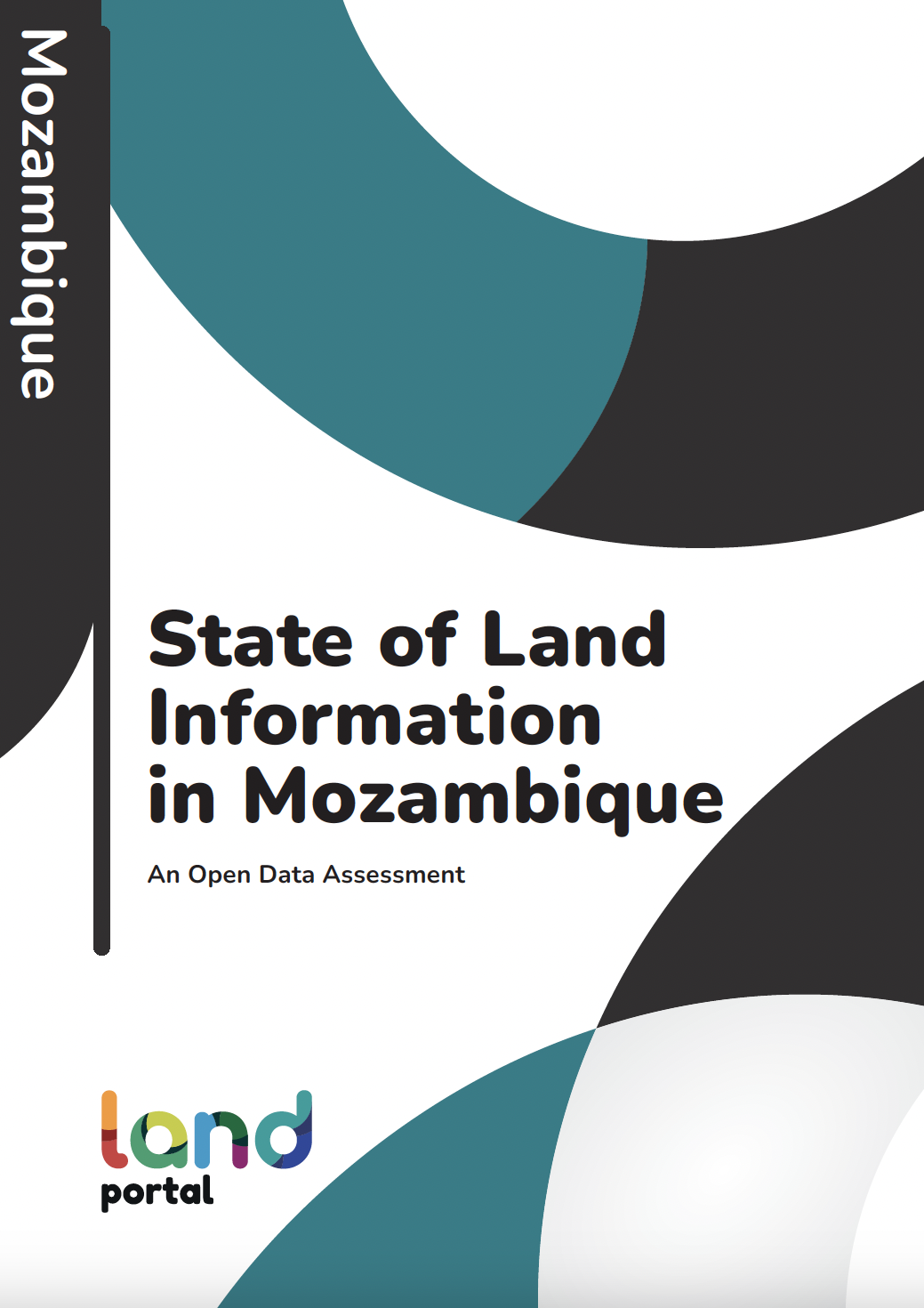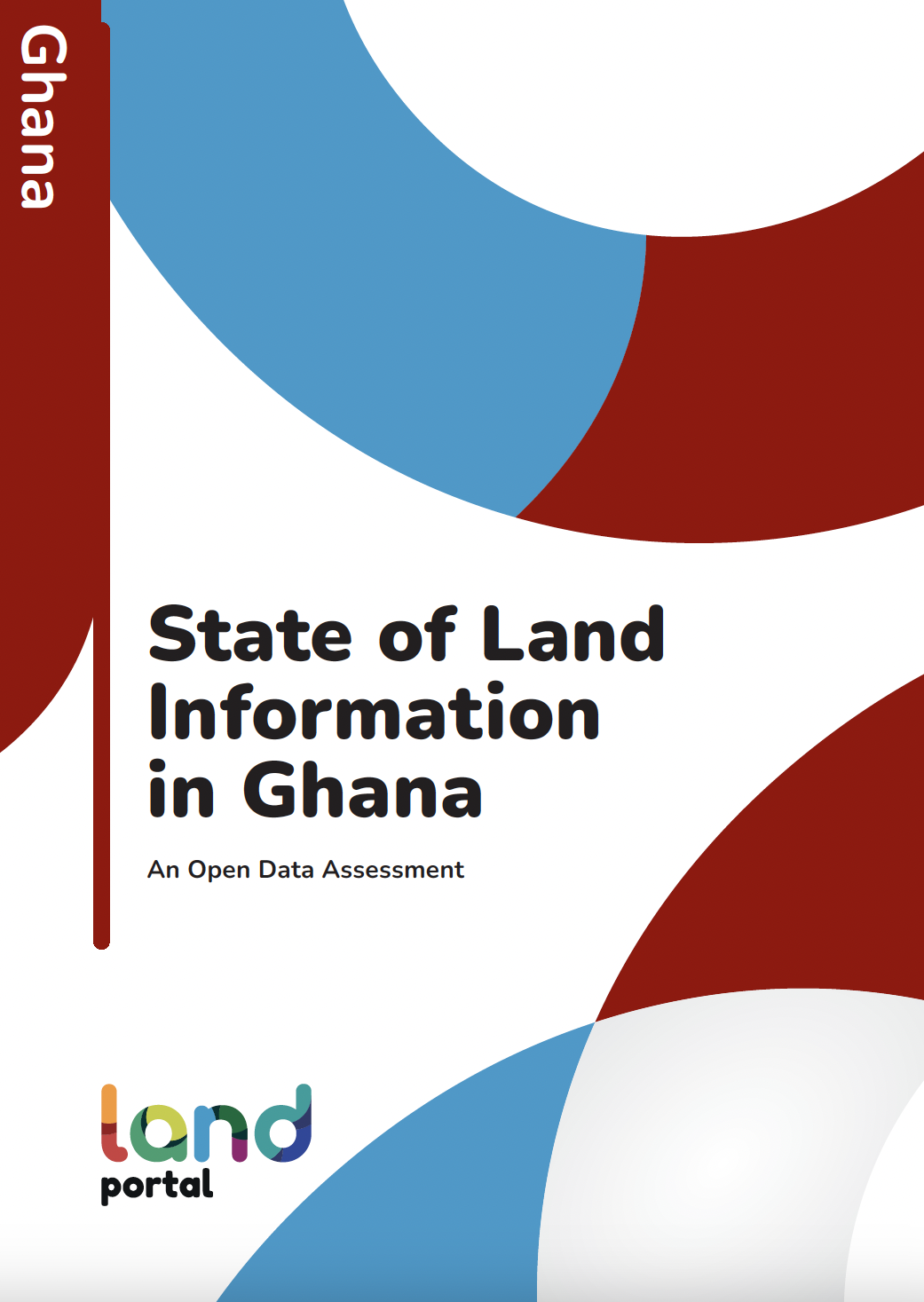Land information is critical for equitable land governance that benefits the most vulnerable and drives economic growth, sustainable development, and food security. However, land data and information sources remain highly fragmented, unstructured and do not present the full range of perspectives needed for decision making. Land governance, (laws, processes, and institutions) regulate how decisions concerning land are made, implemented, and enforced and require the best possible land data and information.


